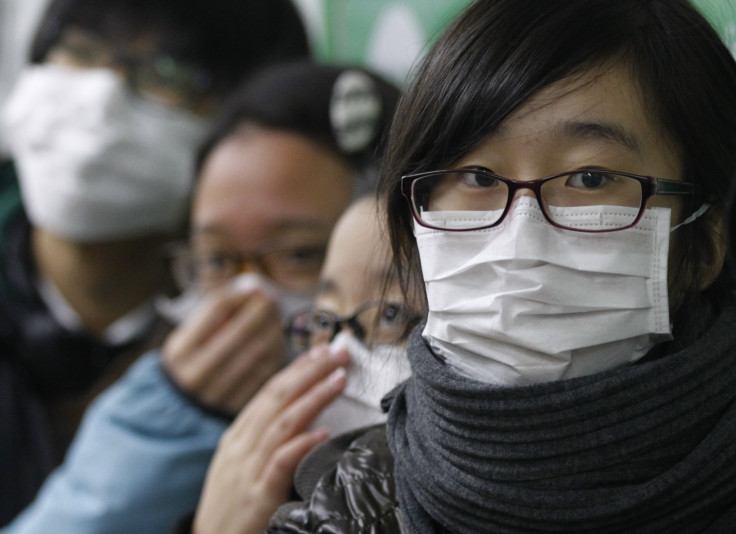MERS Fear Prompts South Korea To Quarantine People In Bid To Curb Virus' Spread

The South Korean government is planning to bar people exposed to the Middle East Respiratory Syndrome (MERS) from leaving the country, in a bid to contain the disease's spread. Over the past 12 days, 18 people have been diagnosed with MERS and the country is working to isolate hundreds of others who have come into contact with those infected by the virus.
The country’s health minister Moon Hyung Pyo said that the measure was necessary to contain the virus' spread after a man, who was in close contact with a MERS patient in South Korea, later decided to leave the country for China. He has since been identified and is currently in isolation after being diagnosed with the disease, Yonhap reported.
"This week will become a critical crossroads over whether MERS will continue to spread or subside," Moon said in Seoul, according to Yonhap, adding: "I am very sorry for worrying citizens and causing them anxiety."
MERS has so far killed hundreds of people in the Middle East and, according to officials, the first case of MERS in the country was detected in a 68-year-old man who had travelled to Bahrain in April and May. The hospital where the first outbreak was reported has been closed and all patients were being treated in quarantine, Yonhap reported.
The country’s government also said Sunday that it would form a MERS task force, which would include experts from the private sector, Bloomberg reported. By Monday, 682 people of the 715 people who have been in close contact with MERS patients have been put in isolation, Yonhap reported. Another 33 were released for not showing any symptoms after a 14-day incubation period.
The country also said, according to Yonhap, that it is yet to report any tertiary infections yet. This means that the 17 people currently diagnosed with MERS became infected after they came in close contact with the first patient. If a tertiary infection occurs, then any of the 18 could become a carrier.
There is no treatment yet for MERS, a viral respiratory illness that was first reported in 2012 in Saudi Arabia. Since then, 23 countries have reported 1,142 cases.
© Copyright IBTimes 2024. All rights reserved.












